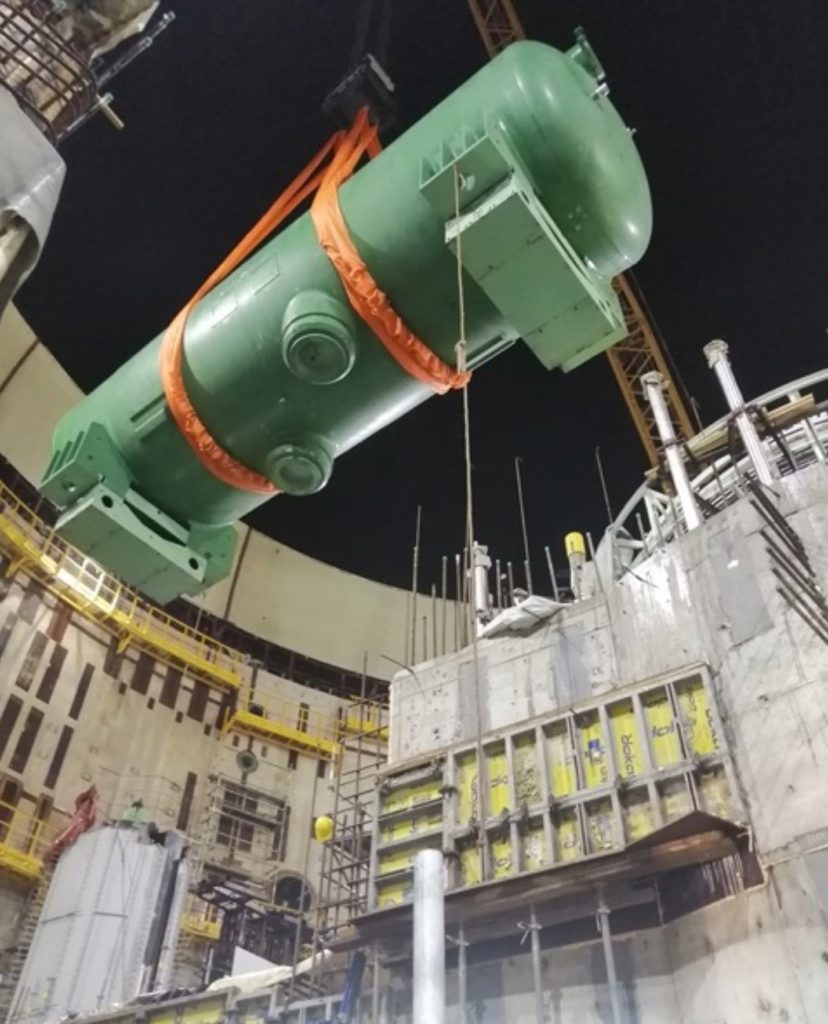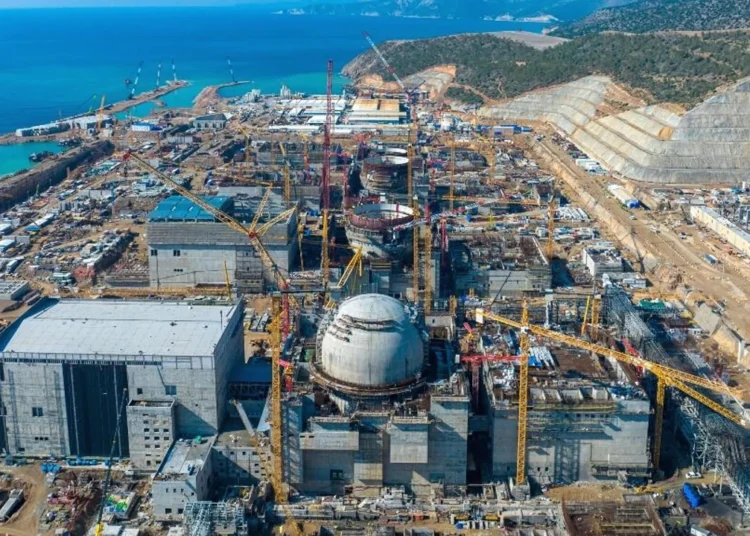Levent Kenez/Stockholm
Turkey has announced new rules for the export and import of nuclear-related goods, creating a single national system for controlling sensitive materials. The regulation aims to modernize oversight but is attracting attention for giving the nuclear regulator broad decision-making power and for saying very little about public transparency.
The new rule, published October 9, 2025, in the Official Gazette, replaces several older decrees with one detailed framework that covers exports, imports and re-exports of nuclear-related materials. It lists the types of materials and technologies that need government approval and describes how they must be protected, tracked and reported. The text also allows the Nuclear Regulatory Authority to decide how the rules should apply in situations not directly covered by the regulation — a clause that effectively lets the agency decide what counts as a special case.
Companies must now obtain permits for any item on two official control lists, one for nuclear materials and another for dual-use nuclear goods, which are items that could be used in civilian nuclear programs or in limited cases, for military purposes. Many of these permits will depend on whether the destination country has a safeguards agreement with the International Atomic Energy Agency (IAEA).
The regulation also sets a strict limit on uranium enrichment, stating that exported equipment or technology must not be able to produce uranium enriched above 20 percent unless a written guarantee is provided. This mirrors international standards that separate civilian energy uses from military potential.
The overall framework brings together responsibilities that were previously divided among several ministries and introduces stricter procedures for record-keeping, inspection and end-use verification. It is presented as a step toward modernizing Turkey’s nuclear trade oversight system.
Turkey’s new Nuclear Export and Import Control Regulation, published in October:
However, the regulation leaves major decisions to the interpretation of the Nuclear Regulatory Authority. A broadly written clause on “unforeseen circumstances” gives the agency freedom to decide how to handle new or unclear cases without any requirement for external review. In simple terms this means the regulator can make important licensing decisions behind closed doors. Critics say this level of discretion may create uncertainty for both Turkish businesses and international partners trying to understand how the rules will be applied.
Transparency is another concern. The control lists that determine which items require a license are supposed to be published on the regulator’s website and updated “as needed.” Yet, the regulation sets no deadlines for updates and does not require public explanations for approved or rejected applications. In practice this could make it difficult to see whether decisions are consistent or in line with international standards.
The timing of the new regulation is also significant. Turkey’s first nuclear power plant, Akkuyu, being built on the Mediterranean coast by Russia, is preparing to begin operations. The first reactor is expected to start generating power next year. Deliveries of major components and fuel for Akkuyu fall under the categories covered by the new rules, which means the plant’s progress will serve as the first test of how the system works in practice.
Turkey is also preparing to expand its role in the global nuclear market. As it develops its civilian nuclear program, the country is becoming both an importer and potential exporter of nuclear-related technology. The new regulation will shape how Turkey manages these trades and how it is viewed internationally when it comes to nonproliferation standards.
The regulation appeared shortly after Turkey signed a memorandum of understanding with the United States in September to deepen cooperation on civilian nuclear issues, focusing on expanding trade and technical collaboration. The introduction of a unified export control system may help Turkey show that it can manage nuclear-related trade responsibly, although how transparent the process will be remains uncertain.
Some parts of the regulation follow long-standing international norms. For example, tying exports to the existence of IAEA safeguards in recipient countries and restricting enrichment technology are both standard practices among major nuclear suppliers. However, the way these provisions are carried out will determine whether the system increases trust or raises doubts about oversight.
The text also includes rules for the re-transfer of nuclear items of Turkish origin. Any goods originally exported from Turkey may not be sent to other countries for use in weapons-related work or in unsafeguarded nuclear fuel cycles. Effective enforcement will depend on whether the regulator can track where exported items end up, something that usually requires close cooperation with other local and foreign authorities.

One key omission in the regulation is a schedule for public reporting. The text, as published in the Official Gazette, contains no requirement for regular updates or summaries of licensing activity. In countries with established export control systems, agencies often publish annual reports showing how many permits were approved or denied. Whether Turkey will do the same is not yet clear.
The regulation also states that all enrichment and reprocessing technologies fall under the same permit system, regardless of whether they are for civilian or research purposes. This codifies a long-accepted international principle that such technologies must always be tightly controlled.
In essence, Turkey has joined the group of states that manage nuclear-related trade under detailed national control lists, similar to those used by members of the Nuclear Suppliers Group (NSG). The framework aligns Turkey with global technical standards, but how it is implemented will determine whether it builds or undermines trust.












